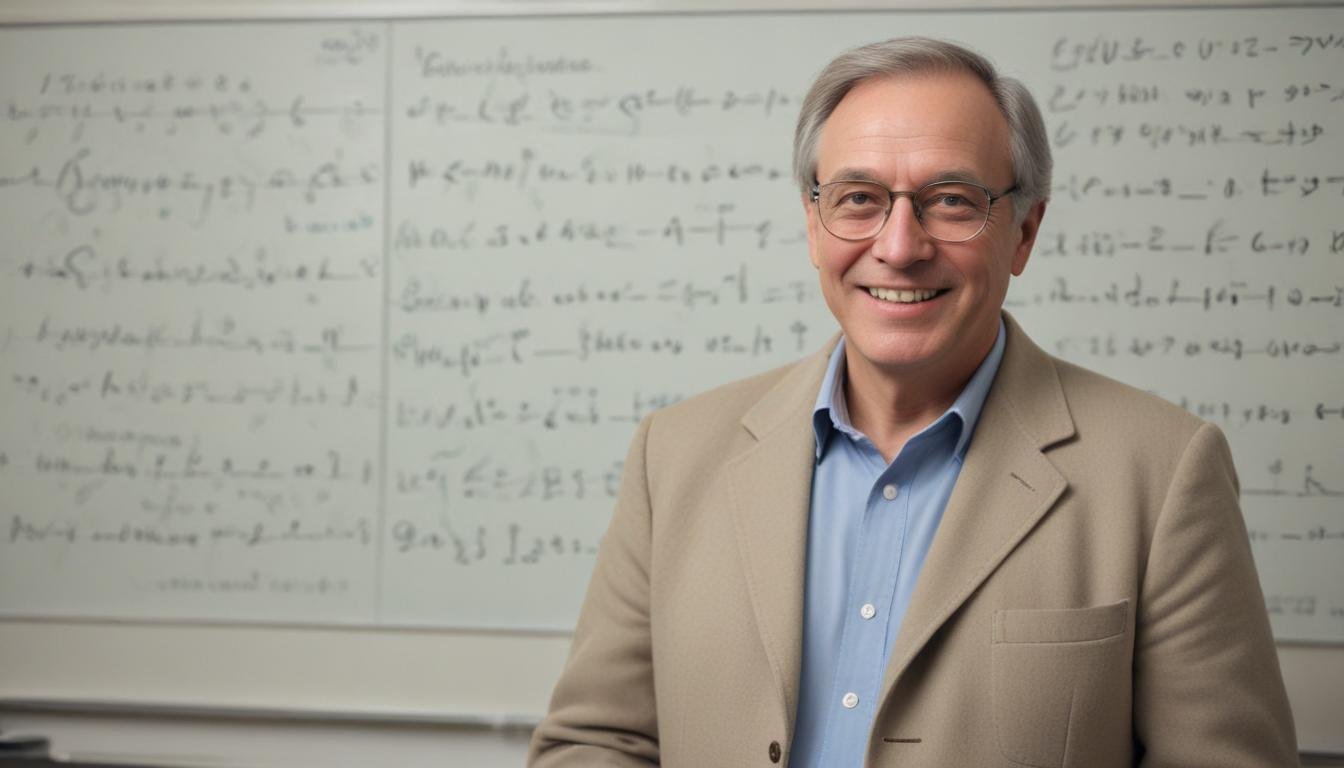Quantum Computing and the Supercomputer Revolution: A Visionary’s Perspective
Alright, let’s talk supercomputers. I’ve been staring at blinking lights and wrestling with vacuum tubes (okay, maybe solid-state drives are more my era, but the spirit is the same!) for the better part of five decades. I’ve seen ’em evolve from room-sized behemoths crunching weather patterns to sleek, networked powerhouses simulating entire universes. But let me tell you, what’s coming with quantum computing? That’s not just an upgrade. It’s a whole new ballgame. A different dimension, if you will.
The End of Moore’s Law… or Is It?
We’ve all heard the death knell of Moore’s Law ringing for years. Transistors can’t get much smaller, the gains are diminishing, the cost… astronomical. So, where do we go? The answer isn’t just more silicon. It’s something radically different. It’s leveraging the mind-bending physics of the quantum realm to perform computations in ways we can barely imagine.
Think about it. Classical computers use bits – 0s and 1s. Simple, binary. Quantum computers? They use *qubits*. These qubits, thanks to superposition and entanglement, can be both 0 and 1 *at the same time*. It’s like saying a light switch is simultaneously on and off. My cat, Schrödinger, would approve of this level of paradox. What this does, mathematically, is allow a quantum computer to explore multiple possibilities *simultaneously*, making calculations exponentially faster for certain kinds of problems.
The Promise and Perils of Quantum Supercomputers
Imagine a supercomputer capable of:
- Designing new drugs and materials at the atomic level, with pinpoint accuracy.
- Breaking even the most sophisticated encryption algorithms (hence the urgency of quantum-resistant cryptography!).
- Optimizing complex systems, from global supply chains to financial markets, with unparalleled efficiency.
- Creating truly intelligent AI, capable of learning and adapting in ways current AI can only dream of.
Sounds like science fiction, right? Well, parts of it are science fact already. We’re building these machines, albeit imperfectly. The challenges, of course, are enormous. Maintaining qubit coherence (keeping those delicate quantum states from collapsing) is a monumental engineering feat. It’s like trying to keep a house of cards standing on a rollercoaster.
Beyond the Brute Force: Algorithms and Quantum AI
It’s not just about raw computational power, though. We need to develop new *quantum algorithms* designed to take advantage of these unique capabilities. Think of it like this: a Ferrari won’t win a tractor pull. Similarly, taking classical algorithms and slapping them onto a quantum computer won’t magically solve everything. We need to think differently. We need to invent new approaches.
And that’s where AI comes in. Quantum-enhanced AI, or quantum machine learning, promises to accelerate the development of these very algorithms. Classical AI can analyze vast amounts of data to identify patterns and optimize processes. But quantum AI could theoretically sift through exponentially larger datasets and uncover patterns completely invisible to classical systems. Imagine AI designing new quantum algorithms… it’s a loop of ever-increasing power!
Consider this: Could quantum computers unlock the mysteries of consciousness? It’s a philosophical leap, I know. But if our brains operate using principles we don’t yet fully understand – and many neuroscientists suspect they do – perhaps quantum mechanics plays a more significant role than we currently appreciate. Quantum computers might give us the tools to explore these uncharted territories.
The Quantum Future is Closer Than You Think
Now, before you start picturing Skynet ruling the world with quantum AI overlords, let’s be realistic. We’re still in the early stages. These quantum supercomputers are noisy, error-prone, and expensive. But the pace of progress is accelerating. Every year, we see breakthroughs in qubit stability, error correction, and algorithm development. The momentum is undeniable.
What does this mean for the future? It means that supercomputers as we know them will be fundamentally transformed. They won’t disappear entirely. Classical and quantum systems will likely coexist, each handling tasks best suited to their architectures. But the most demanding, computationally intensive problems – the ones that push the boundaries of what’s possible – will increasingly be tackled by quantum supercomputers.
So, buckle up. The quantum revolution is coming. It’s messy, it’s complex, and it’s going to reshape our world in ways we can only begin to imagine. And as someone who’s spent a lifetime chasing the future, I can honestly say… I wouldn’t miss it for anything.

